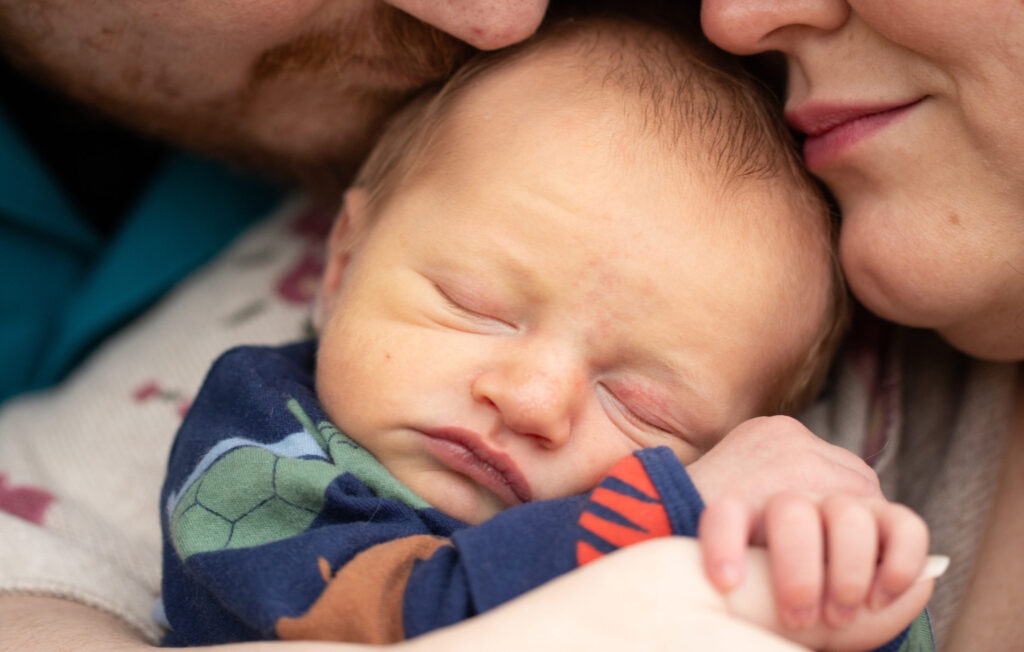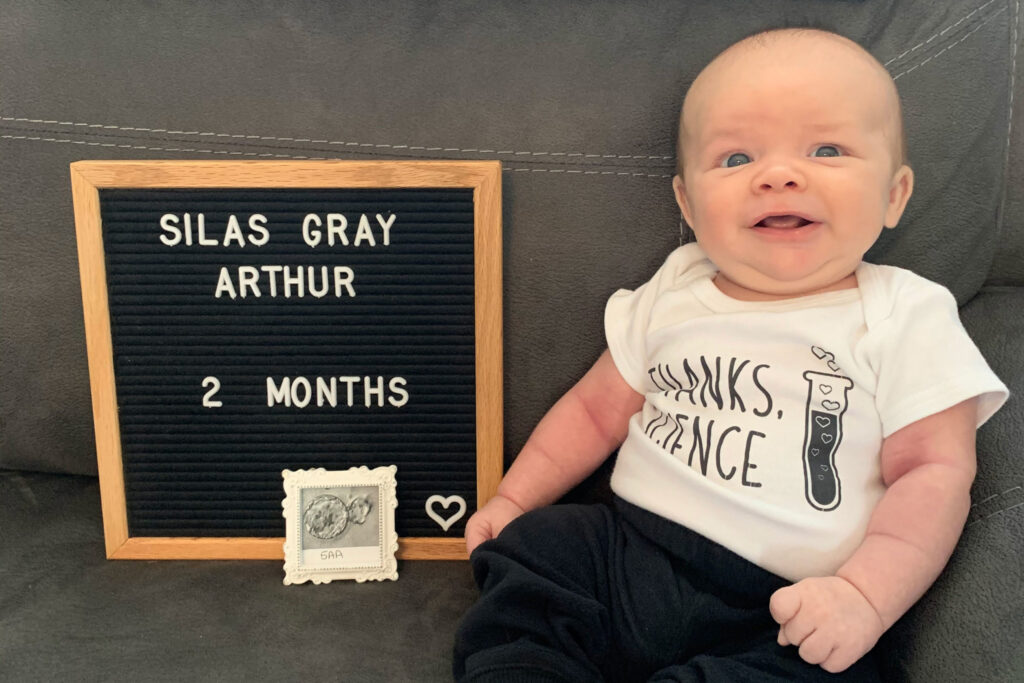Should I test my ovarian reserve?
 If you’re one of the many women who delays having children until later in life, you’re often reminded of the fact that your reproductive potential diminishes with each passing year. Knowing that time is not on your side, you may wonder, “Am I still fertile?”
If you’re one of the many women who delays having children until later in life, you’re often reminded of the fact that your reproductive potential diminishes with each passing year. Knowing that time is not on your side, you may wonder, “Am I still fertile?”
Advanced testing capabilities now allow reproductive endocrinologists to assess a woman’s ovarian reserve to estimate how many egg-producing follicles she has left. This gives us insight into her future fertility. The team of fertility specialists at Nashville Fertility Center explain who should get tested and when.
What’s ovarian reserve?
It’s often said, “All good things must come to an end,” and this applies to your egg supply. You’re born with all the eggs you’ll ever have. Over time, your monthly ovulations decrease your egg supply. Once they are depleted, eggs can’t be replaced. Ovarian reserve refers to your remaining supply of eggs. The results of this test are useful in determining your likelihood of conceiving based on your reserve. Ovarian reserve testing, ORT, helps our fertility specialists individualize a treatment plan (if needed) based on your age and other factors.
Who benefits from ORT?
We generally recommend ovarian reserve testing for women who meet certain criteria.
- Women older than 35 who have not conceived after six months of trying
- Women who have had certain cancer treatments and/or pelvic radiation
- Women with a history of premature ovarian failure
- Women planning for assisted reproductive technology (ART) such as IVF, egg or embryo donation
- Women considering egg freezing
Ovarian reserve testing has its limitations, such as not being able to predict when your reproductive years will end or reveal the quality of the eggs. Even with limitations, it’s a valuable tool that helps arm you with the knowledge you need to make informed decisions about your future fertility.
Contact us to learn more about ovarian reserve testing, what it entails and whether or not you’re a candidate.







